
How does a man experience the process of medical investigation of his fertility? Will a man’s reduced sperm fertility lead to a lowered self-image, and make him less of a man in the eyes of others?
Many men visit a fertility clinic to produce a sperm sample for evaluation of its fertility. Usually, there is a long story behind that visit.
A man and his partner have probably tried to have a child for many years. Before they’re willing to carry out fertility tests for a man and a woman, most clinics, physicians and hospitals require that a couple has tried for one last year, prior to possible treatment for being involuntarily childless.
Sex — a performance test for the breeding stud
The first year in which a couple attempts conception can be a challenge for many men. Quite a few men have told me they feel like the “stud” that has to perform.
The man’s monthly mission becomes to fertilize their woman during ovulation. Both the man and the woman quickly become very conscious of exactly on which day that occurs. The narrow window of time may well lead to the cancellation of important meetings or business trips so that they can have sex on precisely this day. As a result, their sex life may start to feel mechanical, rather than an expression of shared joy and intimacy.
Men are surprised by their infertility
Interestingly enough, in couples struggling with involuntary childlessness, most men assume there is something wrong with the woman — as do many women themselves. Nurses who work in the field of fertility tell me of men who faint or go into deep depression when they receive the news that the cause lies with them.
Usually, a man is given an appointed hour at which he has to give his sperm sample. Given the uncertainty, perhaps pressure from his partner, and anxiety about what might be wrong, it’s rather admirable that he rises to the occasion!
Who is to blame?
In my experience, many men are reluctant to openly speak about the precise fertility problem. Few men with low sperm fertility share that fact with their male friends. As a therapist, I see that couples generally keep to themselves the specifics of their infertility — i.e. who “owns” the problem. To their closest friends and maybe family, they might say “we” are struggling with getting pregnant. This allows them to better tackle the issue of who is physiologically at fault.
It can be painful for the man to be told that not everything is as it should be “down there”, and that he might be incapable of getting the woman he loves pregnant. Guilt, shame and taboos will be new challenges for the childless couple.
A need for help
When a clinical evaluation confirms that a couple is in need of fertility treatment, it’s beneficial to also offer professional help and support. It is vital to be fully aware what each partner needs from the other, and how to deal with fertility treatment so as to avoid destructive feelings of shame or guilt.
For couples where infertility is due to the man’s low sperm quality, the woman must make a choice. Is she willing to go through rather demanding clinical evaluations and treatment in order to have a child? That might be a challenge if their relationship is already faltering. Any man with infertility issues might fear the worst, namely abandonment.
However, a man with infertility might also experience the opposite: that the woman is willing to do anything to remain at his side and deal with the infertility treatment because she wants him to be a father to her child.
Words of advice
Use the “trial year” to strengthen the relationship with your partner. That year has to be more than about ovulation dates and pre-planned sex. It can be a positive process where the shared desire to have a child opens new forms of communication between a man and a woman, strengthening the relationship.
Together, one has to determine what to do if no pregnancy occurs — that is a challenge the couple must solve together. But during the “trial year”, the couple can deepen their dialogue about the present and shared future. A good dialogue is characterized by acknowledgment, active listening, and sincere curiosity about each other. The partners might well discover new ways of relating and being supportive of each other.
It’s essential not to expect that your partner experiences the process, evaluation, and treatment in the same way you do. Men and women experience things differently, as of course do different individuals. It is important to respect these differences and not try to mold your partner to be like yourself.
Some couples choose to keep the “trial year” a personal secret, and not tell family or close friends. The infertility secret can be something only the man and woman share. The shared longing for a child can be a “glue” in the couple’s relationship, especially if the partners are good at hearing each other and preserving their optimism.
Those are important strengths should there be a need for fertility evaluation and possible treatment.
To the Man: Remember who you are and who you’ve always been!
Should you feel that you’re somehow a lesser man because of your low sperm fertility, it is important to focus on other qualities that you’ve always had. Your manhood is measured by far more than your sperm quality! You have good traits and many positive sides to your personality, which made your partner choose you. You’re the man with whom your partner wants to have a child. She wants you to be the father of her child!
You are about to become a father, and you have the inner strength to deal with clinical evaluations and the professions who will help you and your partner become parents. The strength required to take on that challenge will be recognized by many.
You should not allow topics such as fertility evaluations and your present childlessness to take your focus away from everyday life. It’s important to preserve your daily routine. Give yourself time and space to focus on your work, friendships, athletic interests and hobbies – and it’s vital for your partner to respect your efforts to preserve a sense of normalcy, and vice versa. If either of you feels that clinical evaluations and childlessness is eclipsing everything else in your life, then a good solution is to set aside scheduled times during the week to talk about that – but then and only then.
You might also consider taking turns taking the initiative in these conversations, to avoid having only one partner bring it up. The rest of the time you can be “free” of that topic, and focus on who you are and what you are doing, all the things in life that are not defined by infertility.
You are the same man you were before being told about your low sperm quality. The only difference is that now you know.
Tone Bråten
Would you like to discuss your situation with us?
Please take 2 min to fill in the form and we will get back to you and try to help



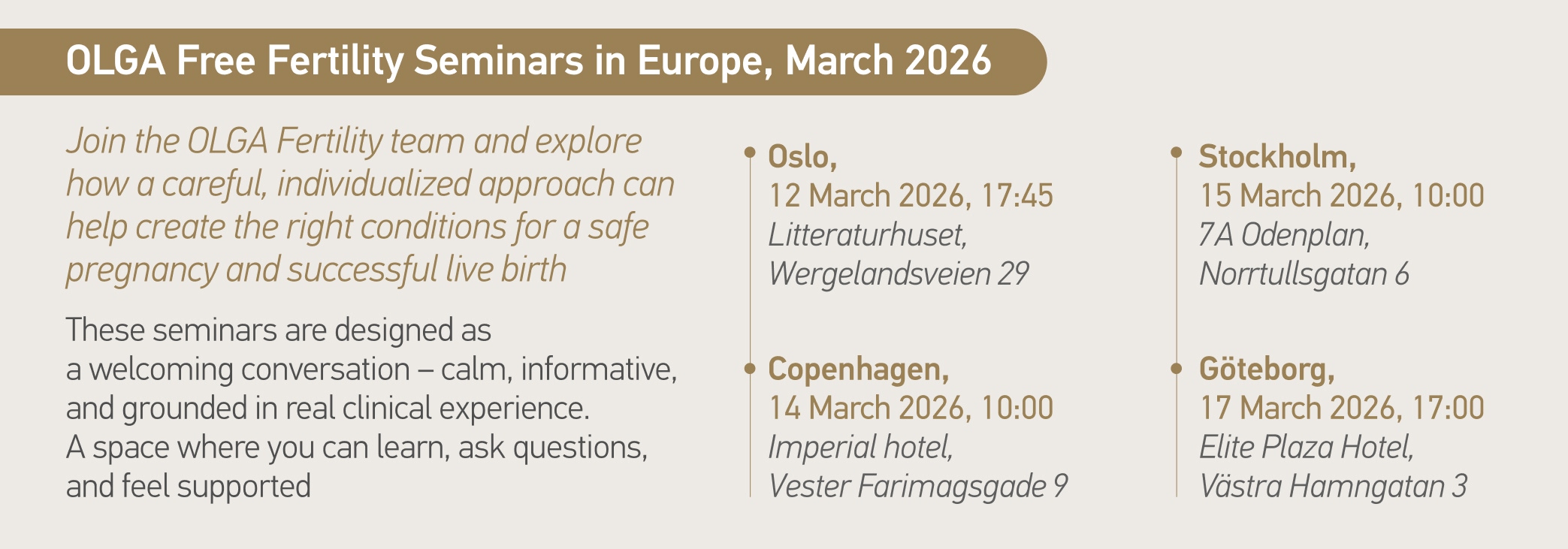





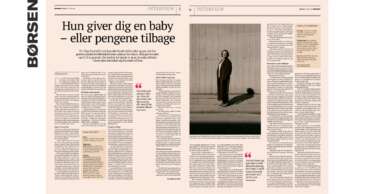
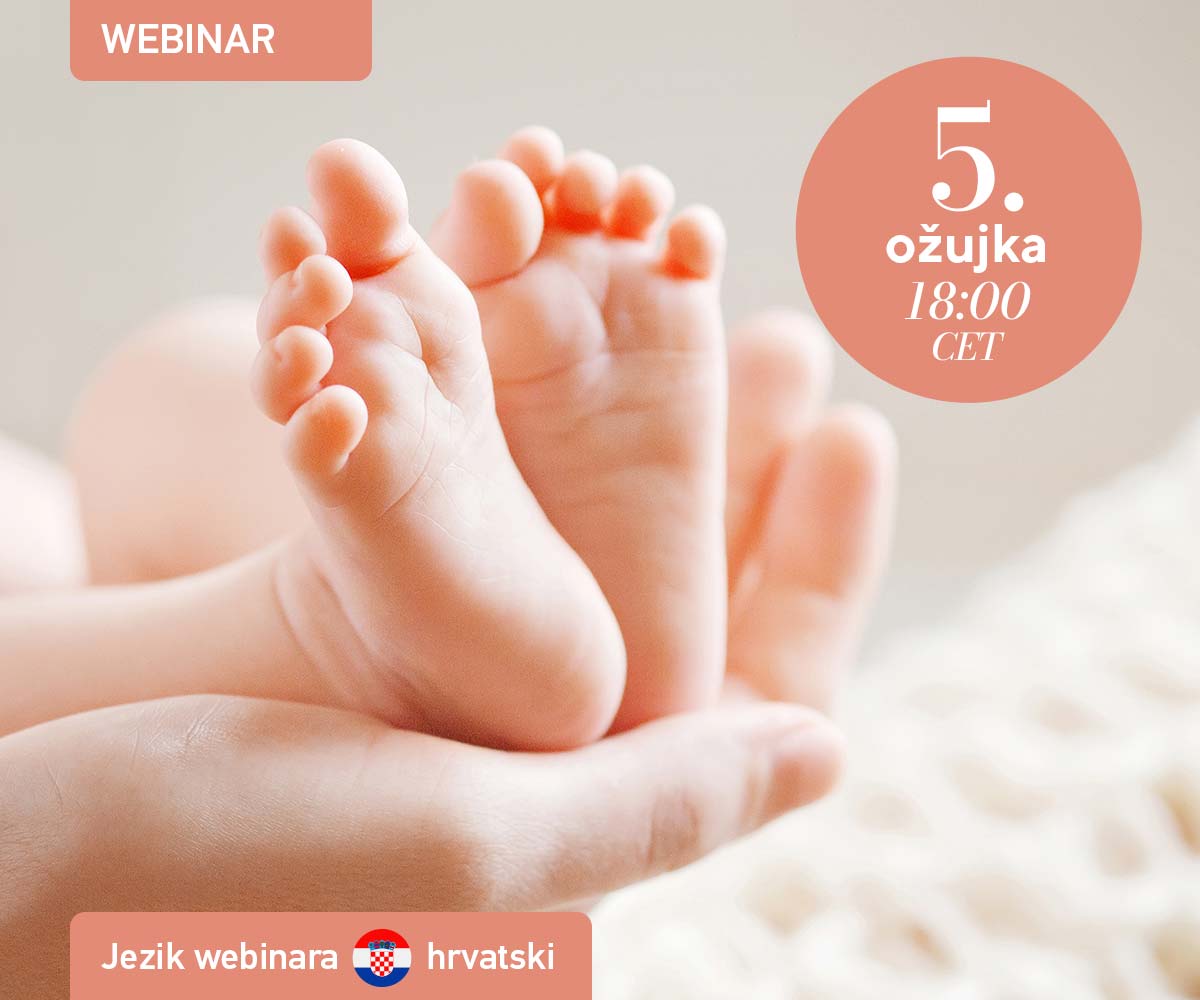





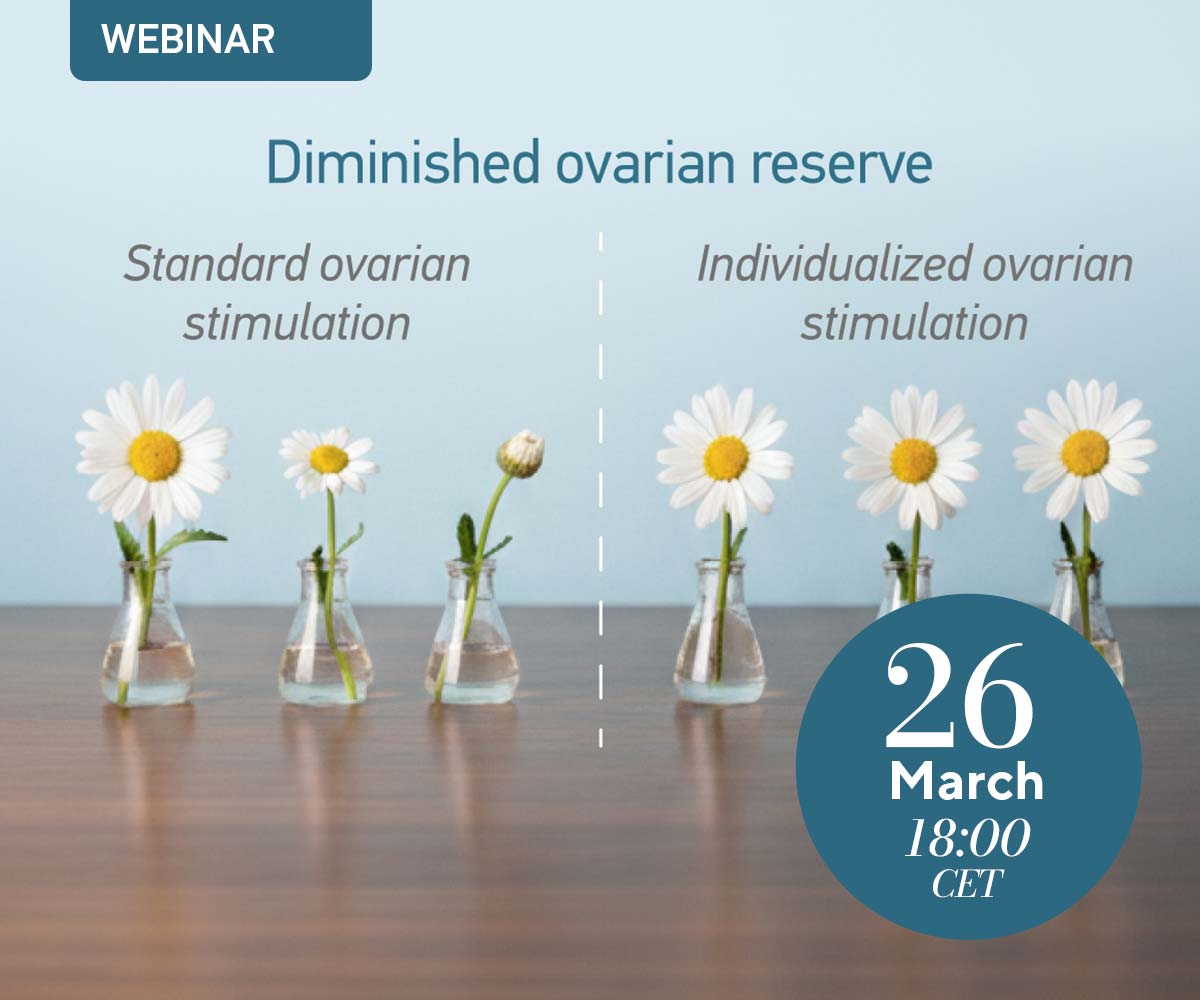



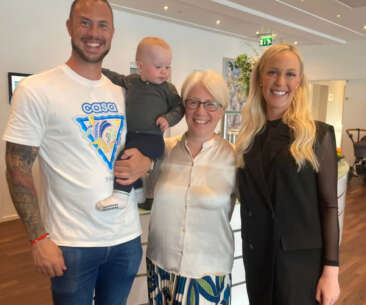









Comments are closed.